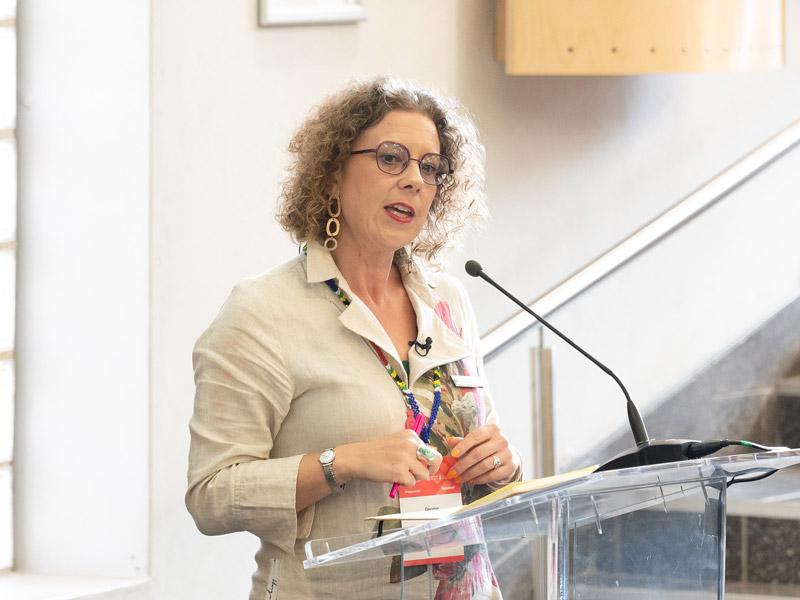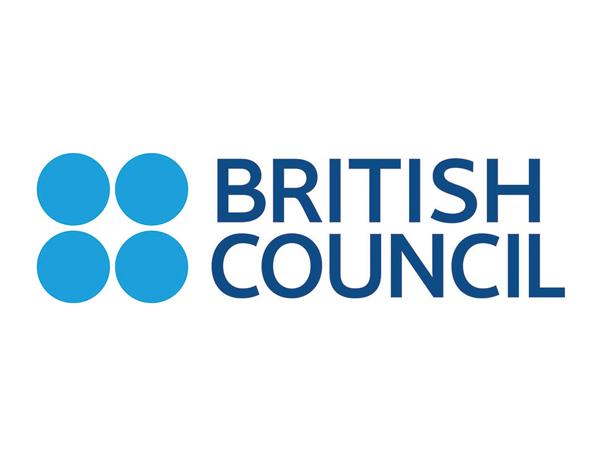
Industry-academic partnerships bear fruit in Kenya

Collaboration between industry and academia has “immense potential for transformation”, said George Barrett, director of the British Council in South Africa, during a session held during the 2024 THE Pan-Africa Universities Summit. “Bringing industry into university campuses creates the opportunity for students to gain practical experience, and industry itself can benefit from the knowledge generation and critical thinking that happens in these spaces,” she said.
An example of such a collaboration is Kenya’s Transforming Climate Innovation Ecosystems through Inclusive Transdisciplinarity (TransCIIT) project funded by the British Council’s Innovation for African Universities programme. The project aims to match the needs of climate change entrepreneurs with the knowledge of master’s students at universities in Kenya.
“We had to look for ways to identify the needs of young, female entrepreneurs and link them with the specialist skills of our graduate students,” said Solomon Ogara, dean of the School of Informatics and Innovative Systems at Jaramogi Oginga Odinga University of Science and Technology. The programme identified 10 entrepreneurs through the Kenya Climate Innovation Center, an incubator for climate-focused businesses.
When the TransCIIT project began in 2021, the world was still in the grips of the Covid-19 pandemic. The team “created virtual rooms and we put entrepreneurs in specific rooms and the students could then visit those rooms and listen to the business needs of the entrepreneurs”, explained Ogara. “They would then see what really matches their skills and, if their skills matched, then the two would be paired and would work together.” The platform TransCIIT used for this match-making service is open-source and available for other organisations to run similar skill-matching projects.
Rose Sikulu, founder of Fibertext Green Paper, benefitted from the assistance of an IT graduate to build her online presence. Her company upcycles agricultural banana waste into fertiliser and biodegradable paper. In the beginning, “we had a product, but the company didn’t have experts in marketing, social media and such technical stuff”, she said. Through the TransCIIT programme, “we were able to improve our revenue because we could get customers from social media, from the website, something that we were not able to do before”.
Another example is an entrepreneur who is producing alcohol from an indigenous tree, said Ogara. The programme paired her with an analytical chemist from the university. The two have significantly increased the business’ output and continued to work together.
Although the students only worked with the entrepreneurs for a year – and were compensated for the year – many have continued to collaborate. “What we found fascinating is that a number of these entrepreneurs expressed the desire to continue working with the students,” said Ogara. “In fact, some of them became partners, like in the case of the alcohol production, when the founder decided to take the student on board.”
The overarching goal of TransCIIT is sustainability. “The essence of all this is about creating long-term sustainability,” said Ernest Chitechi, corporate services manager at the Kenya Climate Innovation Centre. “As a continent as a whole, we need to create more professionals. We need to know what is coming up in industry. But this can only happen with closer collaboration between university and industry.”
The panel:
- George Barrett, director, British Council in South Africa
- Ernest Chitechi, corporate services manager, Kenya Climate Innovation Centre
- Solomon Ogara, dean of the school of informatics and innovative systems, Jaramogi Oginga Odinga University of Science and Technology

